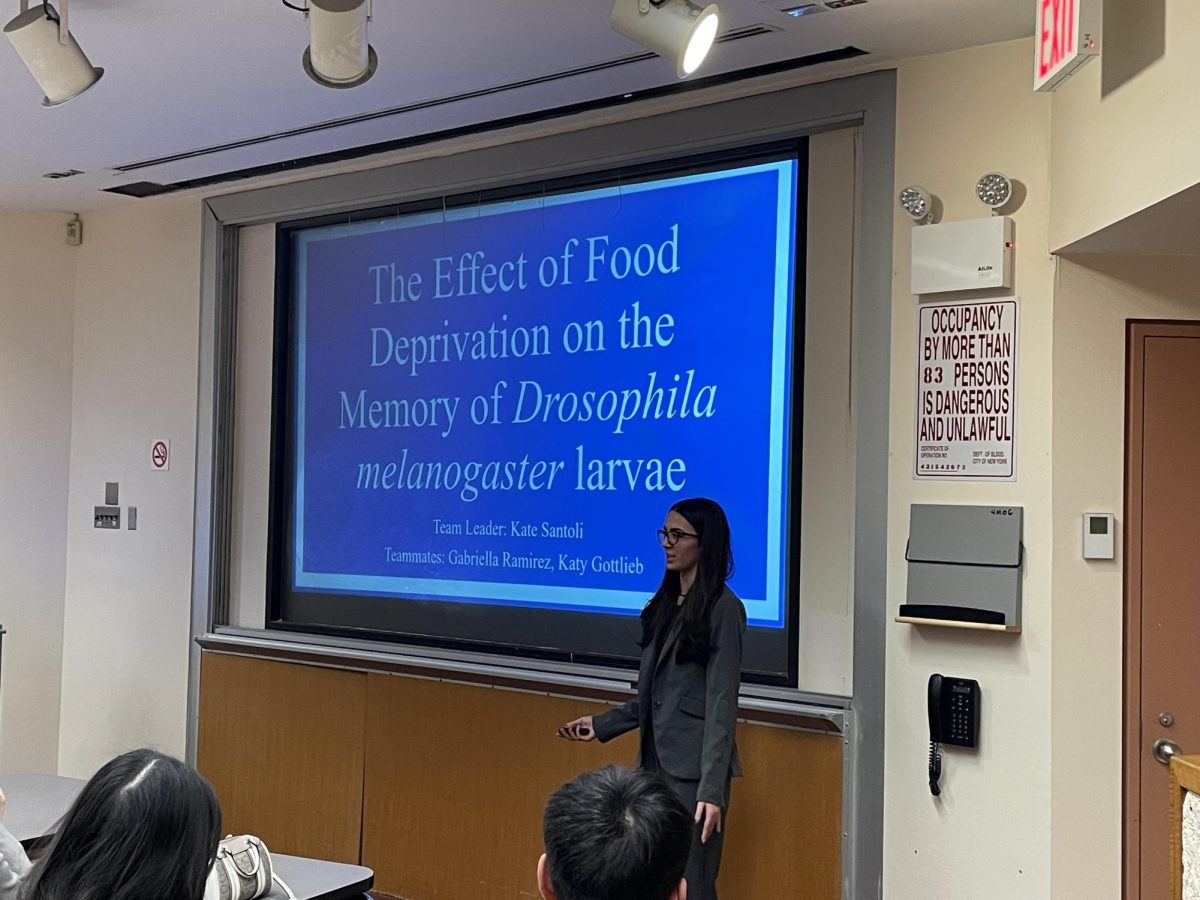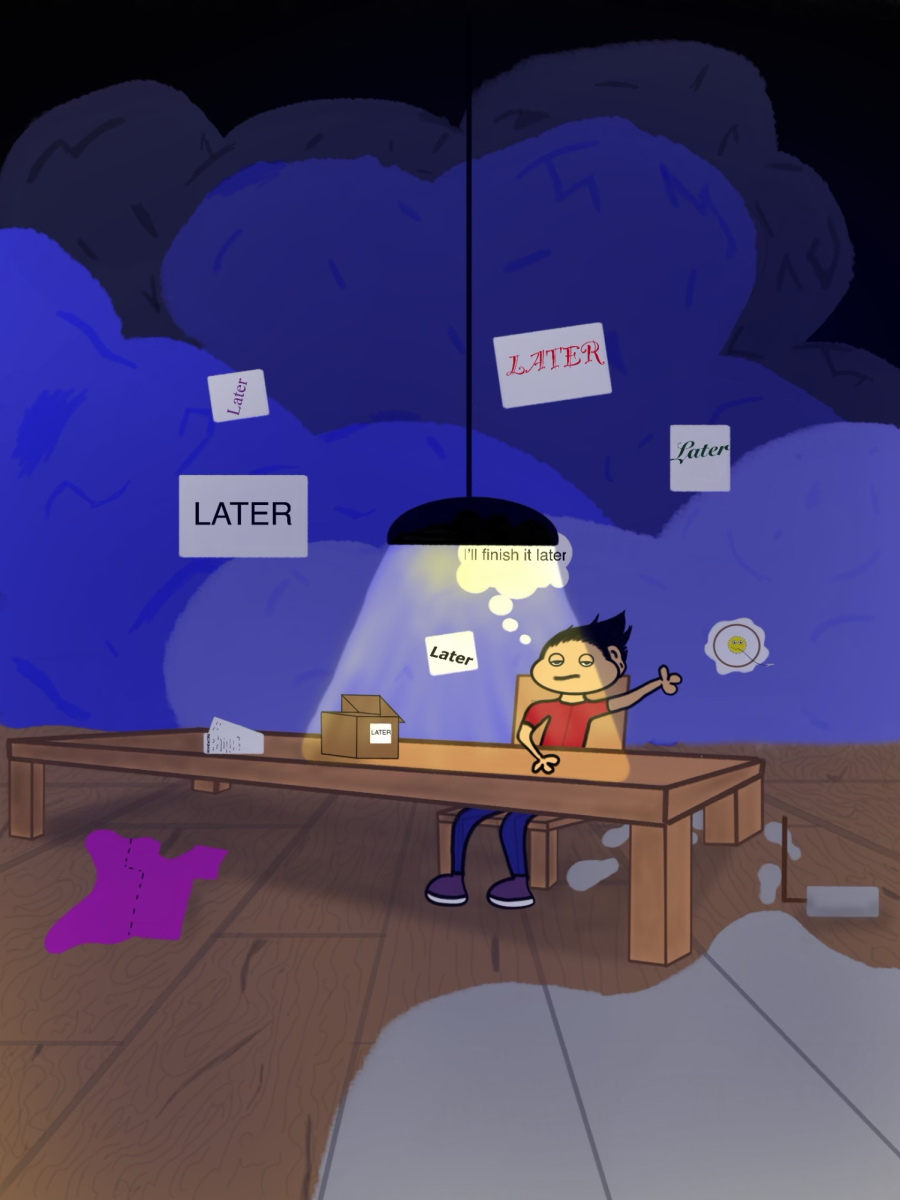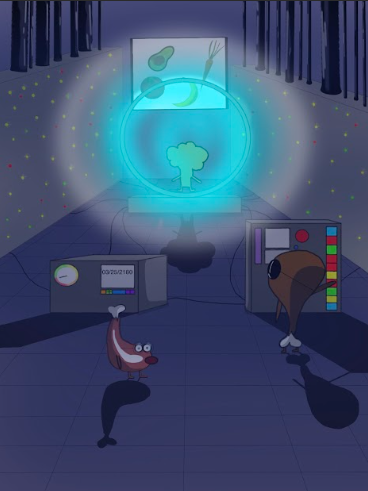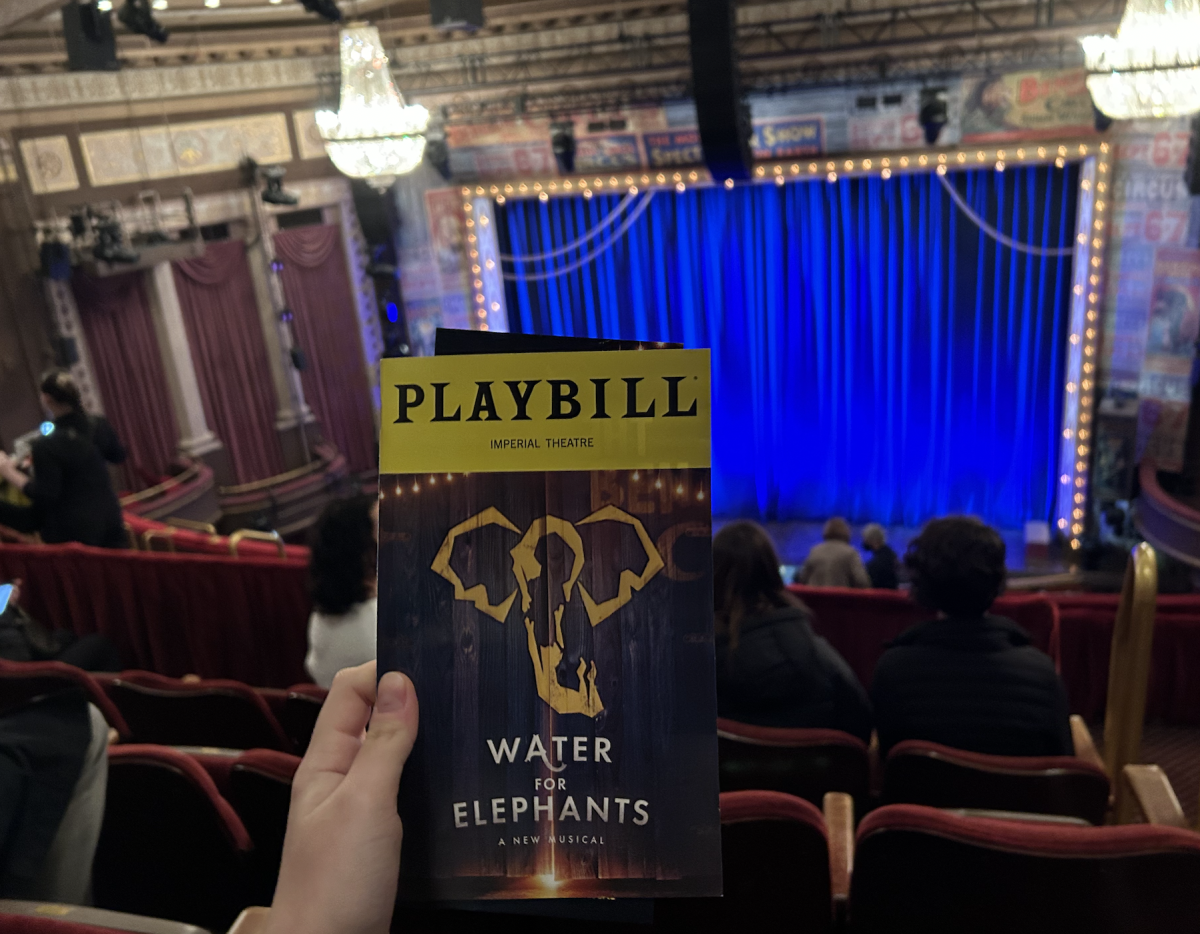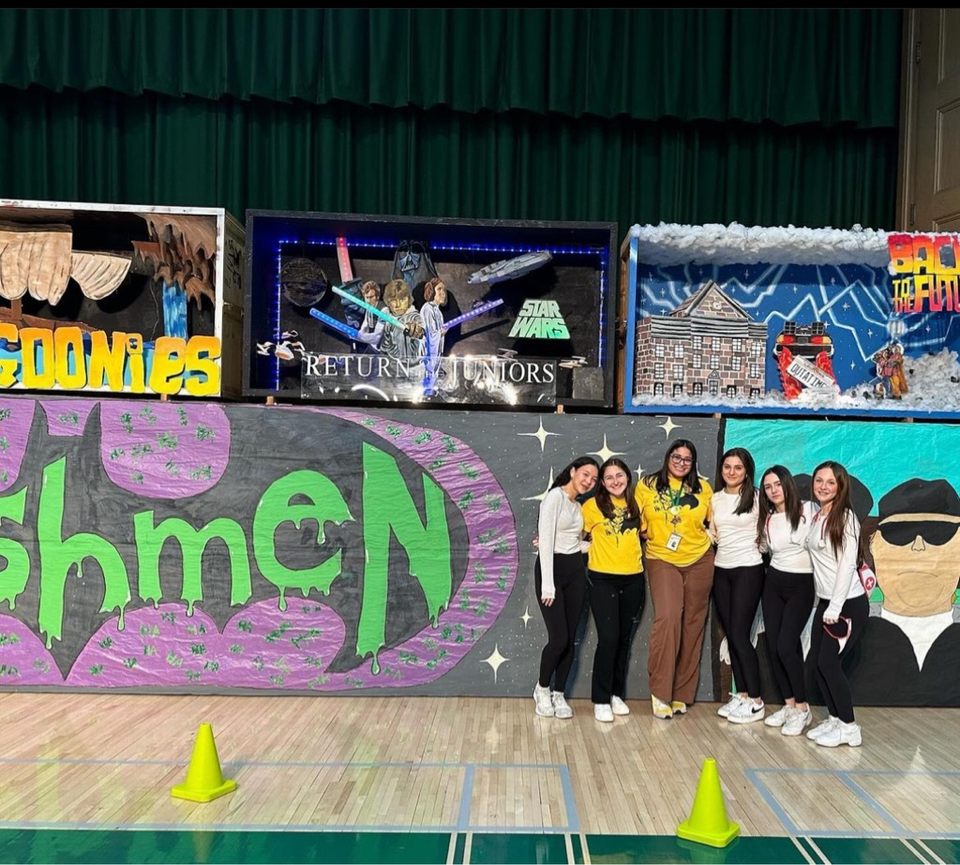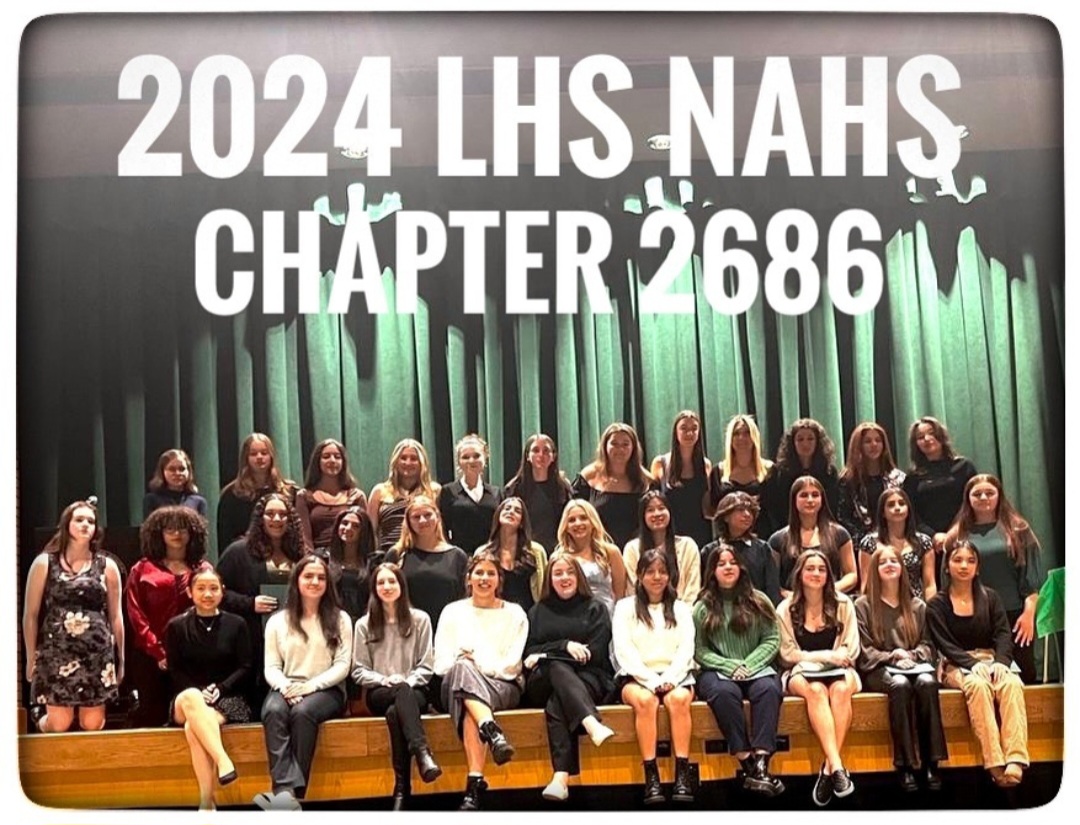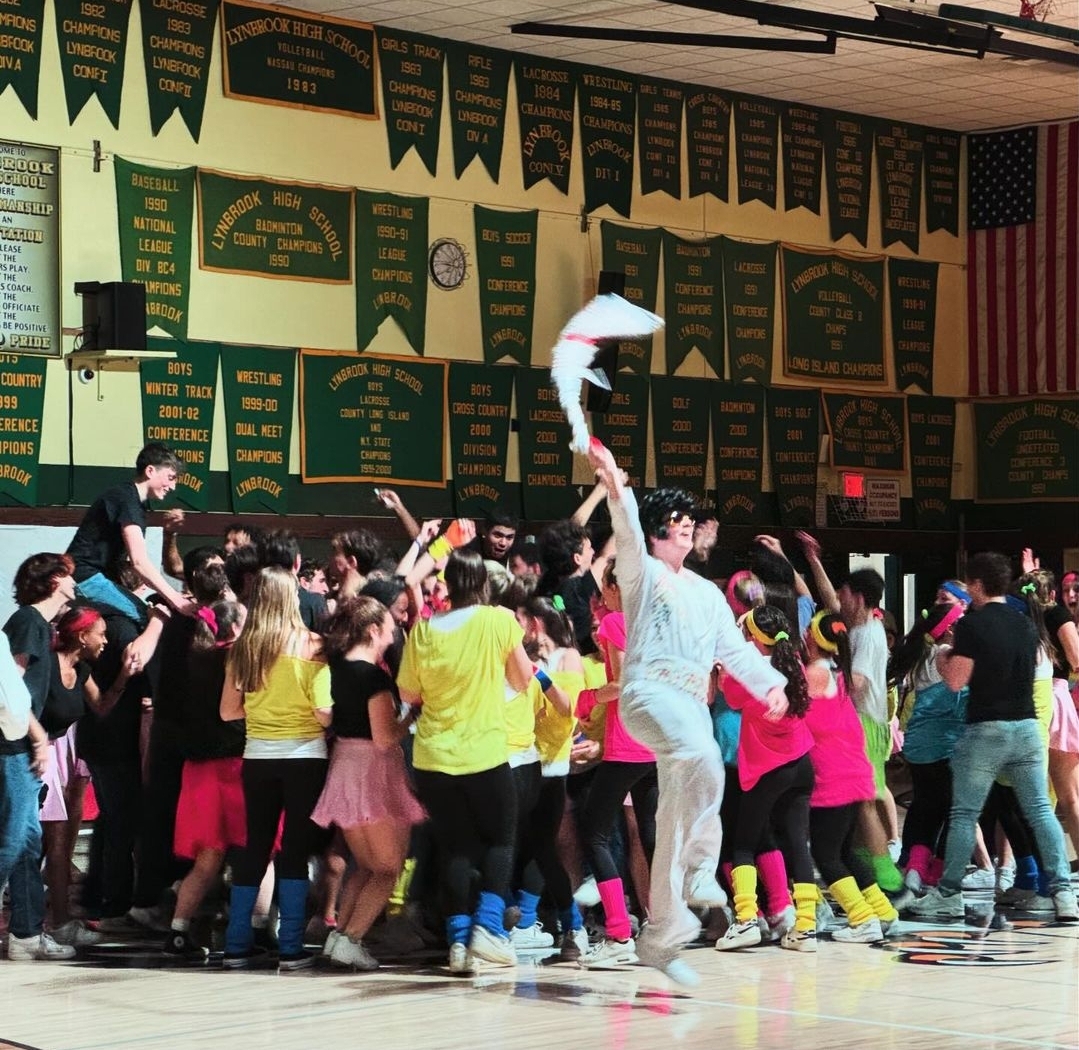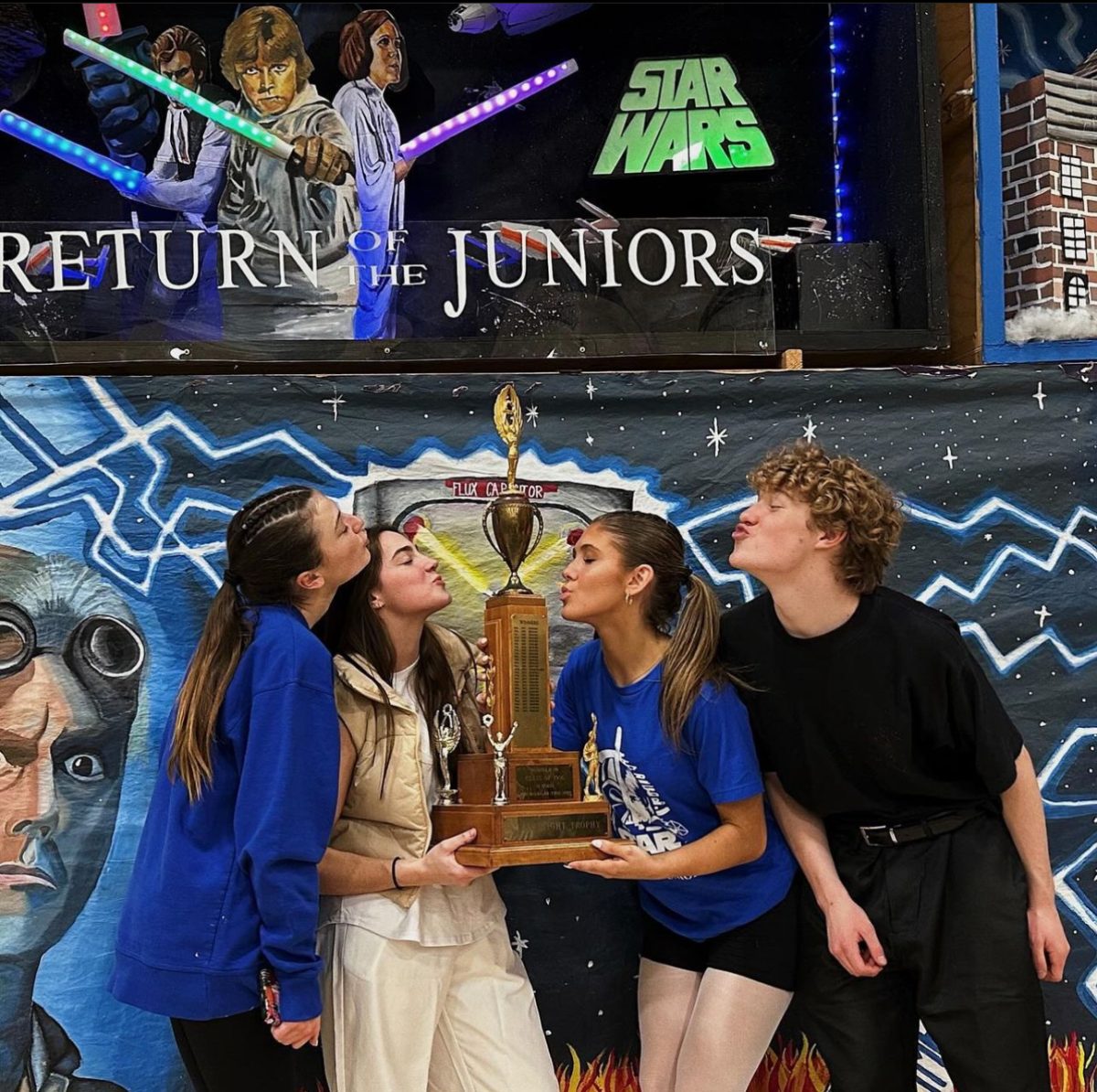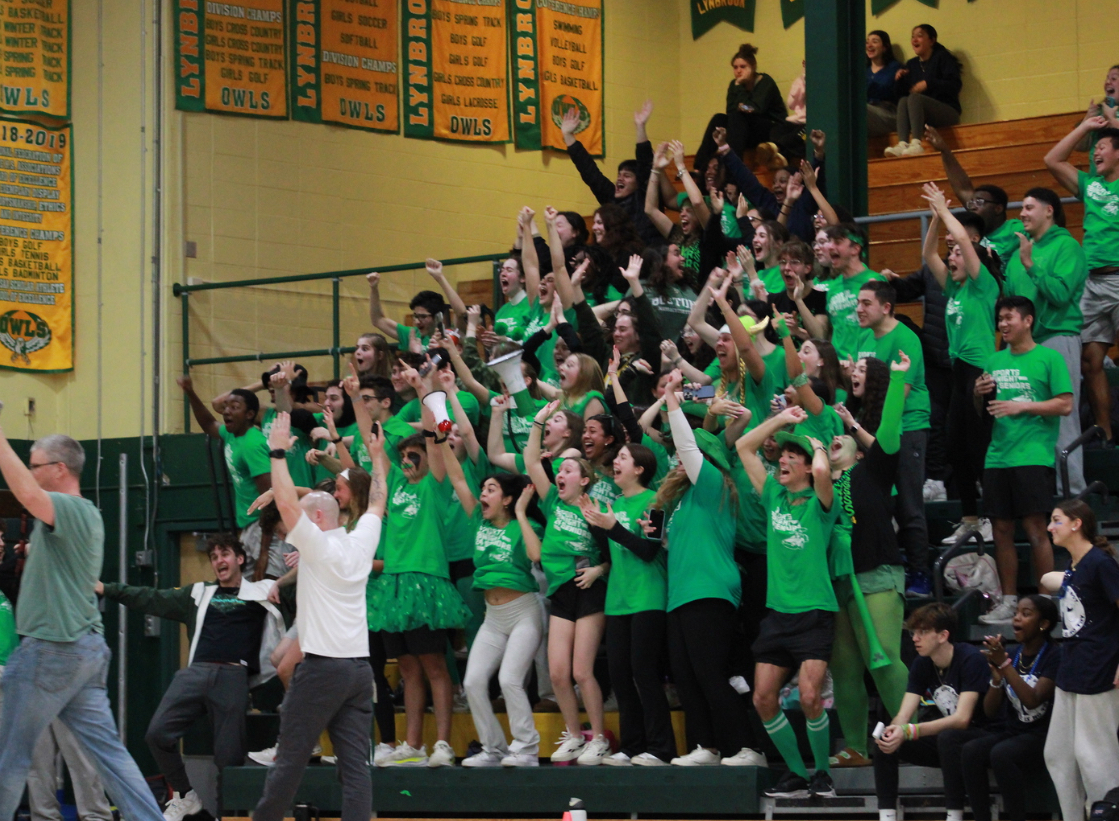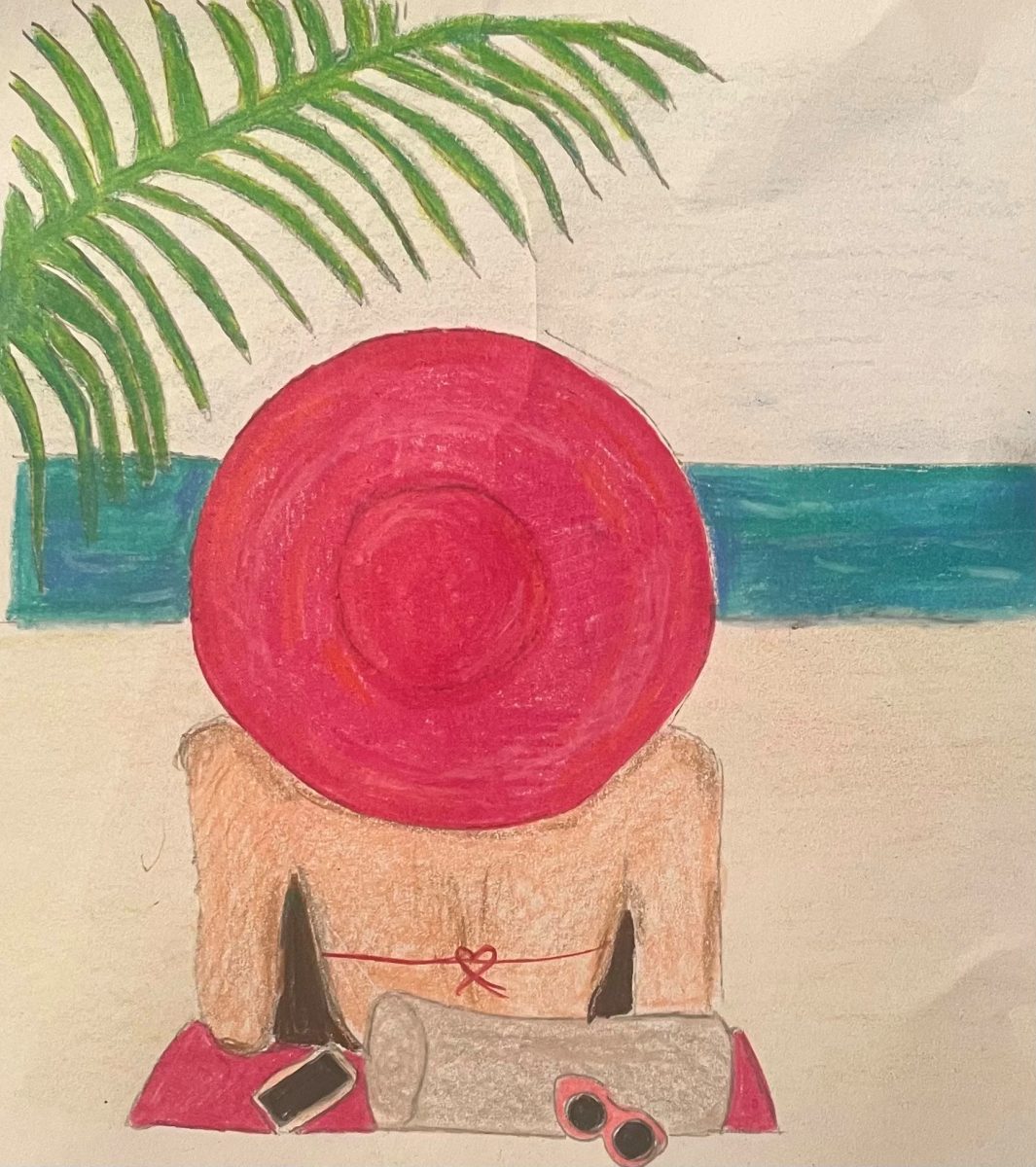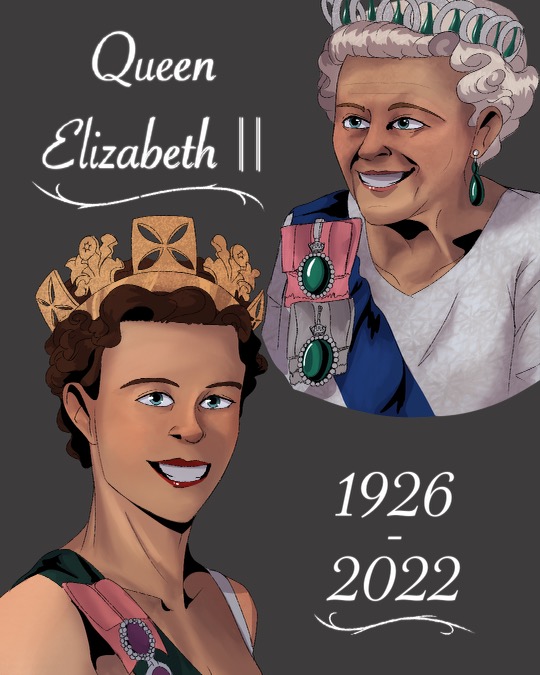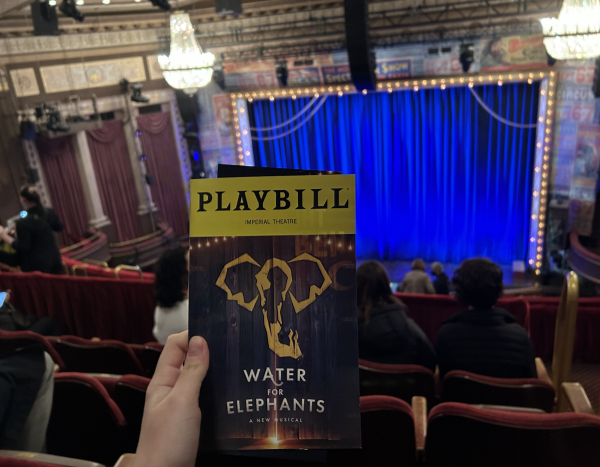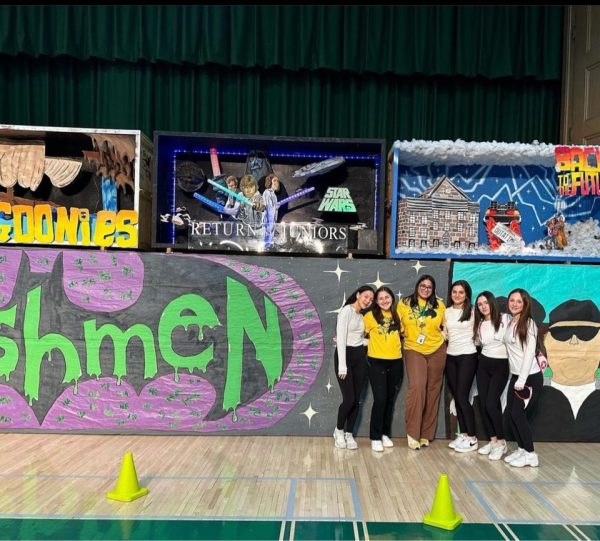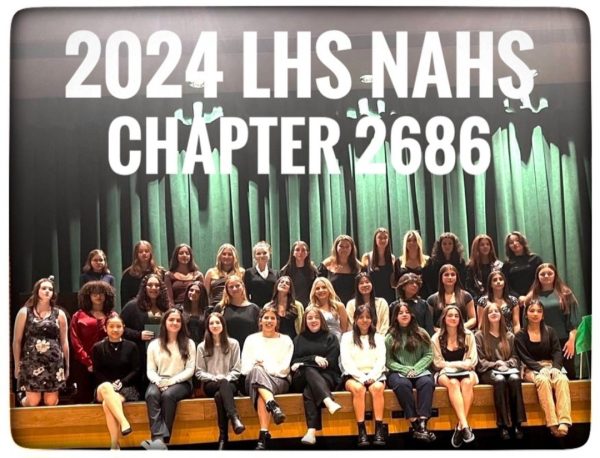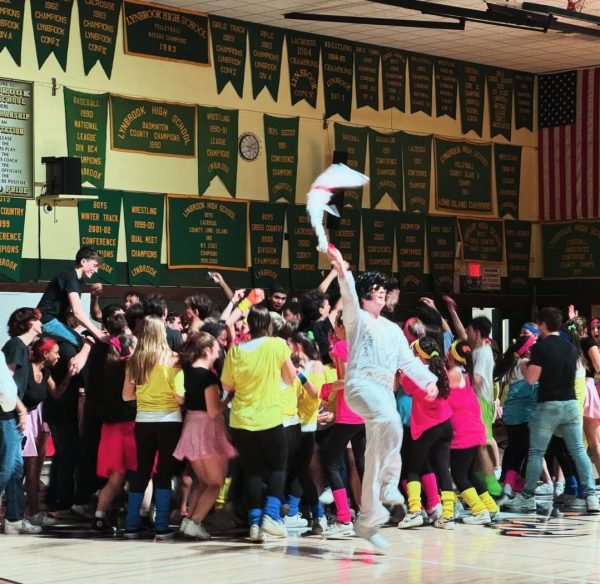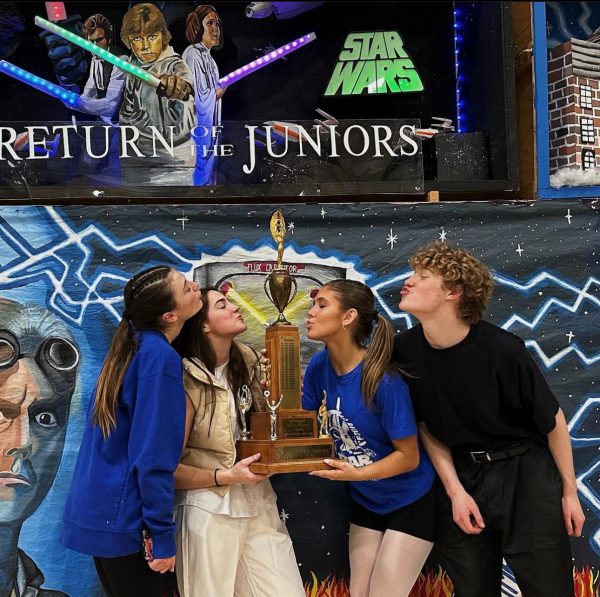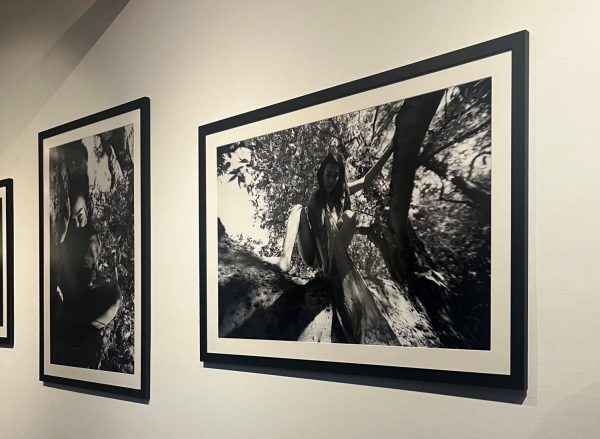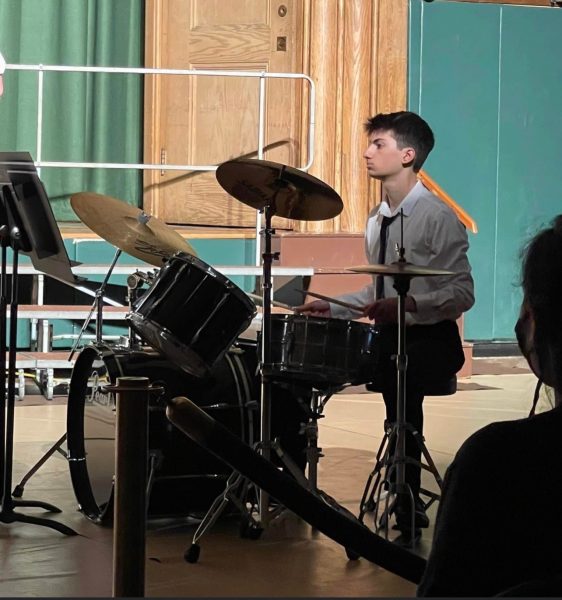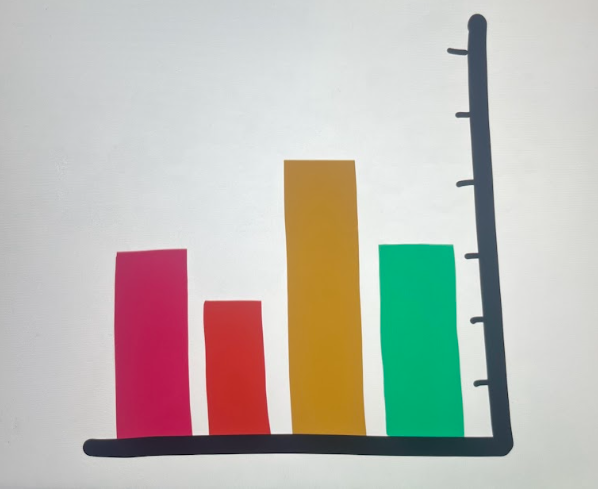The London Bridge Has Fallen: The Life and Legacy of Queen Elizabeth II
“The London Bridge has fallen”–a phrase that was once only recognized as part of a children’s nursery rhyme now signifies the end of Britain’s longest reigning monarch. Queen Elizabeth II, whose reign lasted 70 years, was born a royal with little hopes of wearing the crown; she was third in line to the throne, succeeding her uncle and her father. However, a scandalous royal love affair paved the way for her to become the United Kingdom’s longest-serving–and most famous–monarch.
Her story as queen began on the eve of World War II when her uncle, King Edward VIII, abdicated the throne after his marriage proposal to an American divorcee. This sparked a scandal that engulfed the royal family, crowning Elizabeth’s father as King George XI and making Elizabeth a direct heir to the throne. At the age of 25, in 1952, she became the new queen after the sudden death of her father.
A few years prior, during World War II, Elizabeth joined the all-female Auxiliary Territorial Service and trained as an auto mechanic, making history; no female member of the royal family had ever joined the military. It was during the war where she met her husband, Phillip, a Greek prince who had fled from home after a revolution. They announced their engagement in 1947, after Elizabeth returned from her first trip abroad in South Africa. Phillip renounced his Greek title and became a British citizen. Two years later, they moved to Malta, where Phillip was stationed with the British Navy. Elizabeth was able to take a break from the public eye.
Elizabeth’s next task as queen was to help Britain recover from World War II. By then, the United Kingdom had lost many of its colonies around the world. She placed a strong emphasis on her position as the head of the Commonwealth, an alliance of more than fifty countries, many of which are former British colonies. During this time, she traveled around the globe to better the reputation of the United Kingdom. She visited the former British colony of Ghana–where she was filmed dancing with Kwame Nkrumah–at a time when segregation still existed in the United States. She also made history by opening the royal home to the 1968 Royal Family documentary.
Elizabeth’s legacy as queen continued as she reigned during a vast cultural and political transformation, ranging from the end of Britain’s empire age to the multimedia age. She was a figurehead on stamps, money, and mailboxes. However, she also played an essential role in the United Kingdom’s constitutional monarchy. After an election, it is the monarch who calls on the political parties to form a government. The monarch must also assent to all legislation passed by Parliament and meet weekly with the prime minister to discuss government matters. According to NBC News (nbcnews.com), monarchs are also legally allowed to “advise and warn” the government’s ministers.
Elizabeth worked to avoid expressing her political views or making controversial statements. Despite this, a fair share of royal scandals occurred during her reign, the most recent being about her grandson Prince Harry and his wife, Meghan Markle. Markle was an unnamed royal family member who spoke on the The Oprah Winfrey Show, revealing how members of the royal family were concerned about how dark the skin of their children would be. This led to the couple giving up their royal duties in 2020. There was also a scandal involving Prince Andrews’s friendship with accused sex trafficker Jeffrey Epstein. The Queen stayed quiet about this issue. In the early 1990s, Charles’s rocky marriage and divorce from Princess Diana made headlines. The Queen was then, too, criticized for staying silent after Princess Diana’s death.
The scandals of the Queen have caused some to turn away from the monarch. Junior Aimee Quinlan noted how “the royal family is behind the times” and emphasized her belief that the royal crown is no longer relevant. Junior Kerry Cullen agreed and did not find that the Queen’s death had any impact on her personally. However, she continued that “there was an initial shock that ran through the country’s mind when they heard the news.” Junior Isabella Martinez felt similarly: “It was a day of shock, and then I went back to my normal ways.” However, junior Mary Costello was more saddened by the news of the Queen’s death. “I was very upset when I heard the Queen died because she was a very big figure in history,” Costello said.
The Queen’s eldest son, Charles, is now king of the United Kingdom. Elizabeth’s legacy also lives on through her three other children–Prince Andrew, Prince Edward, and Princess Anne–four grandsons, four granddaughters, and 12 great-grandchildren.




